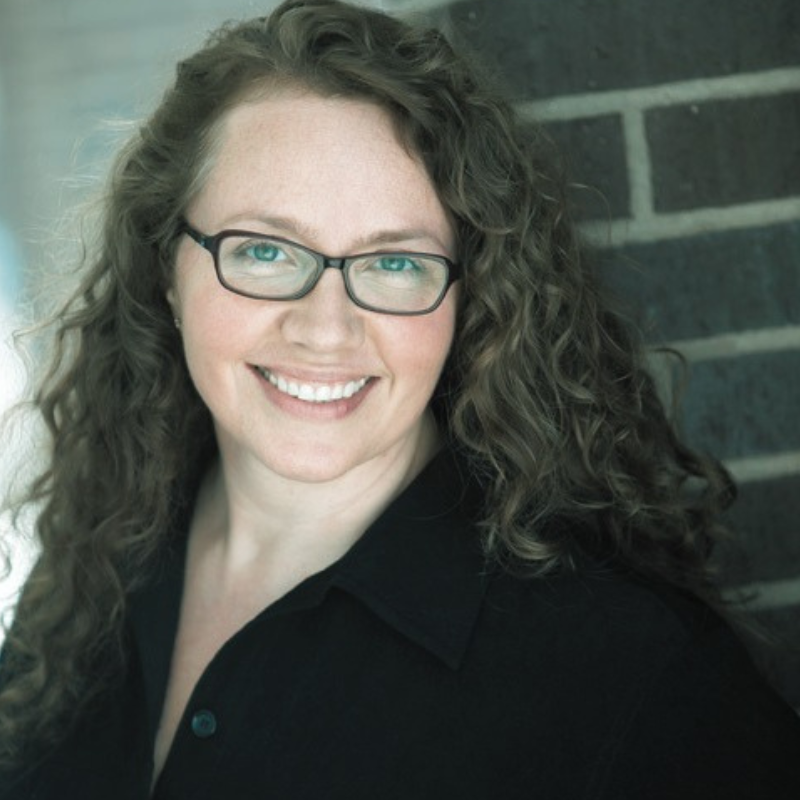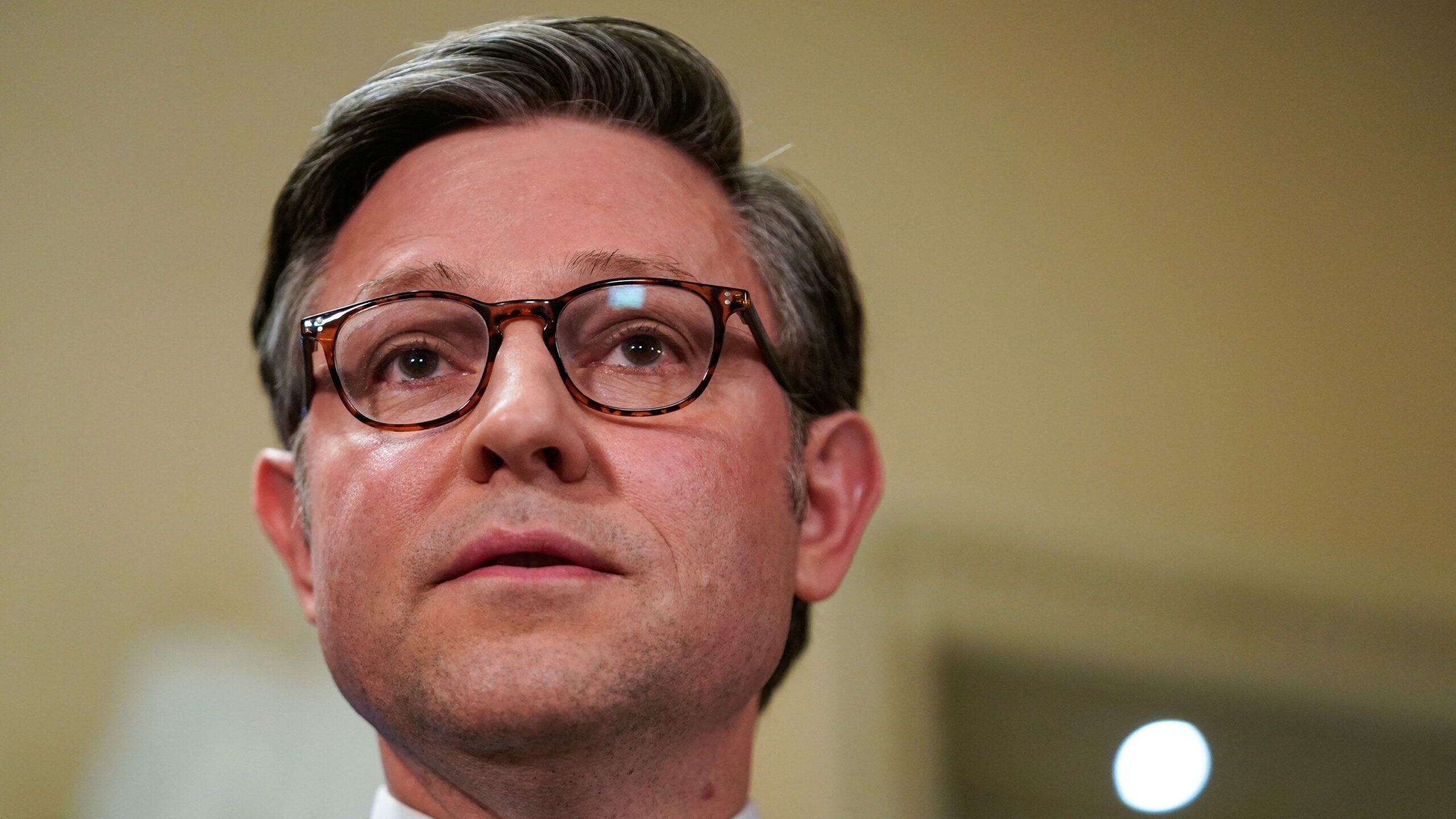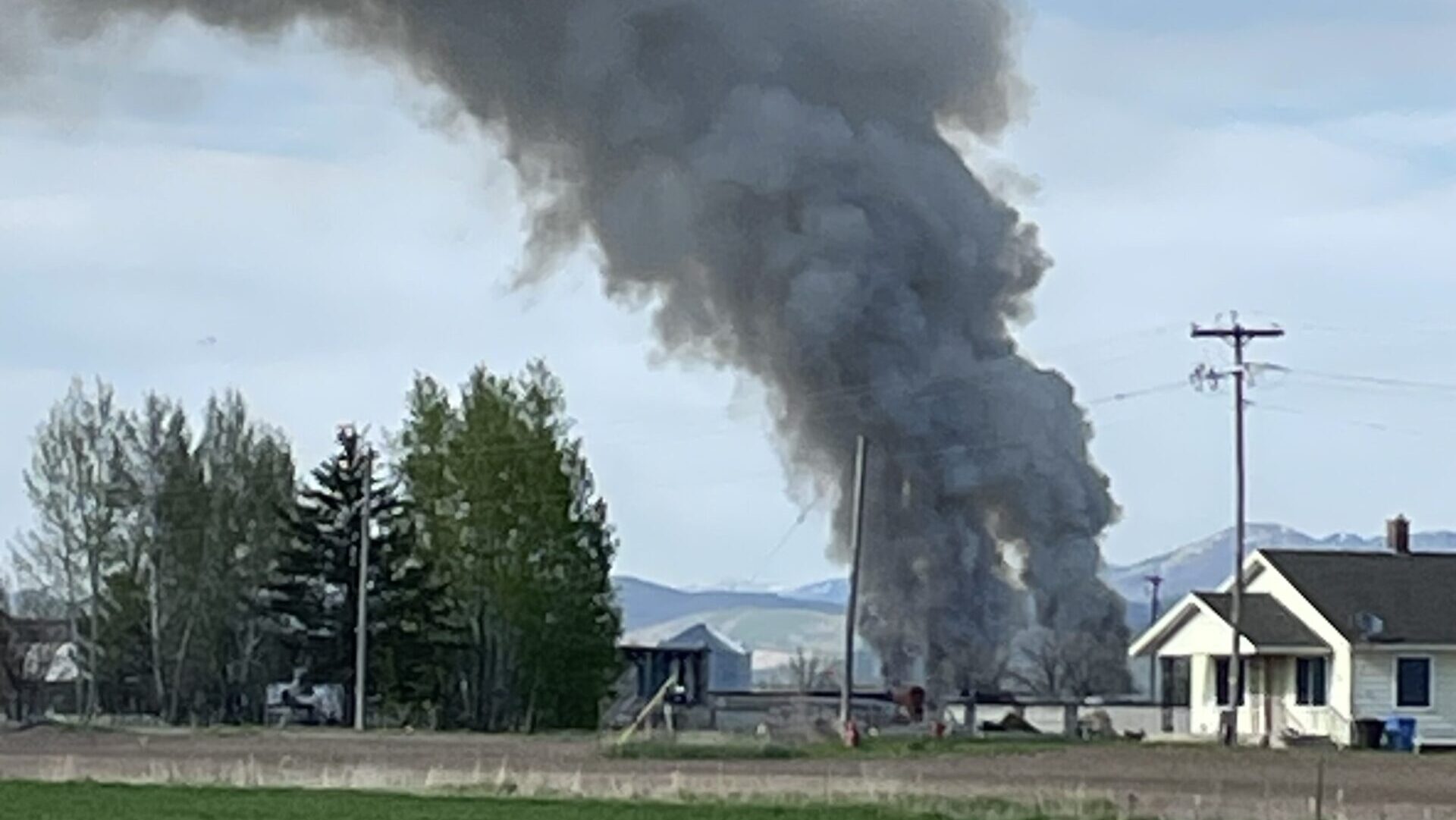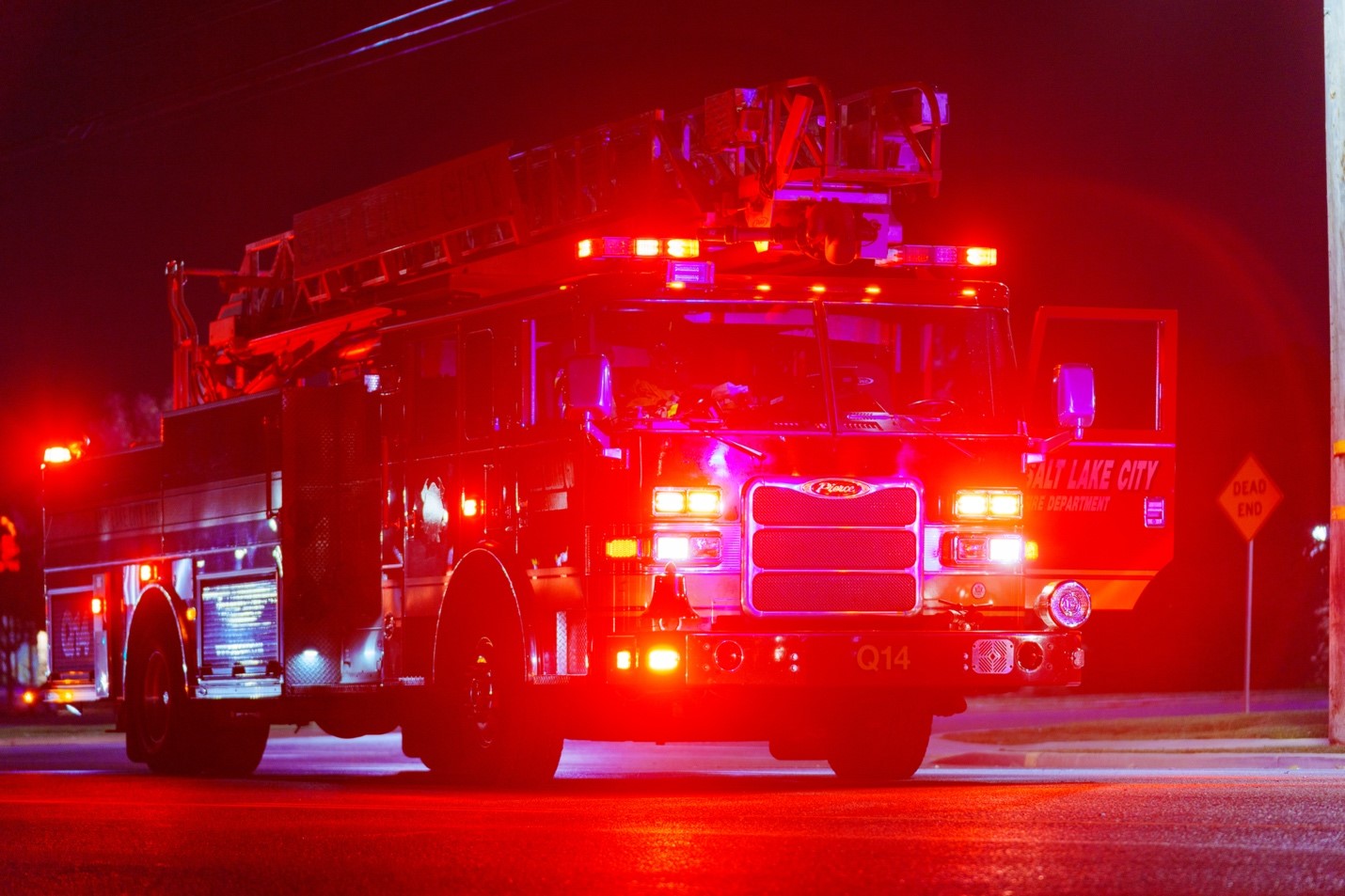Utah religious leaders say mental health of clergy is a priority
Feb 2, 2022, 10:08 AM
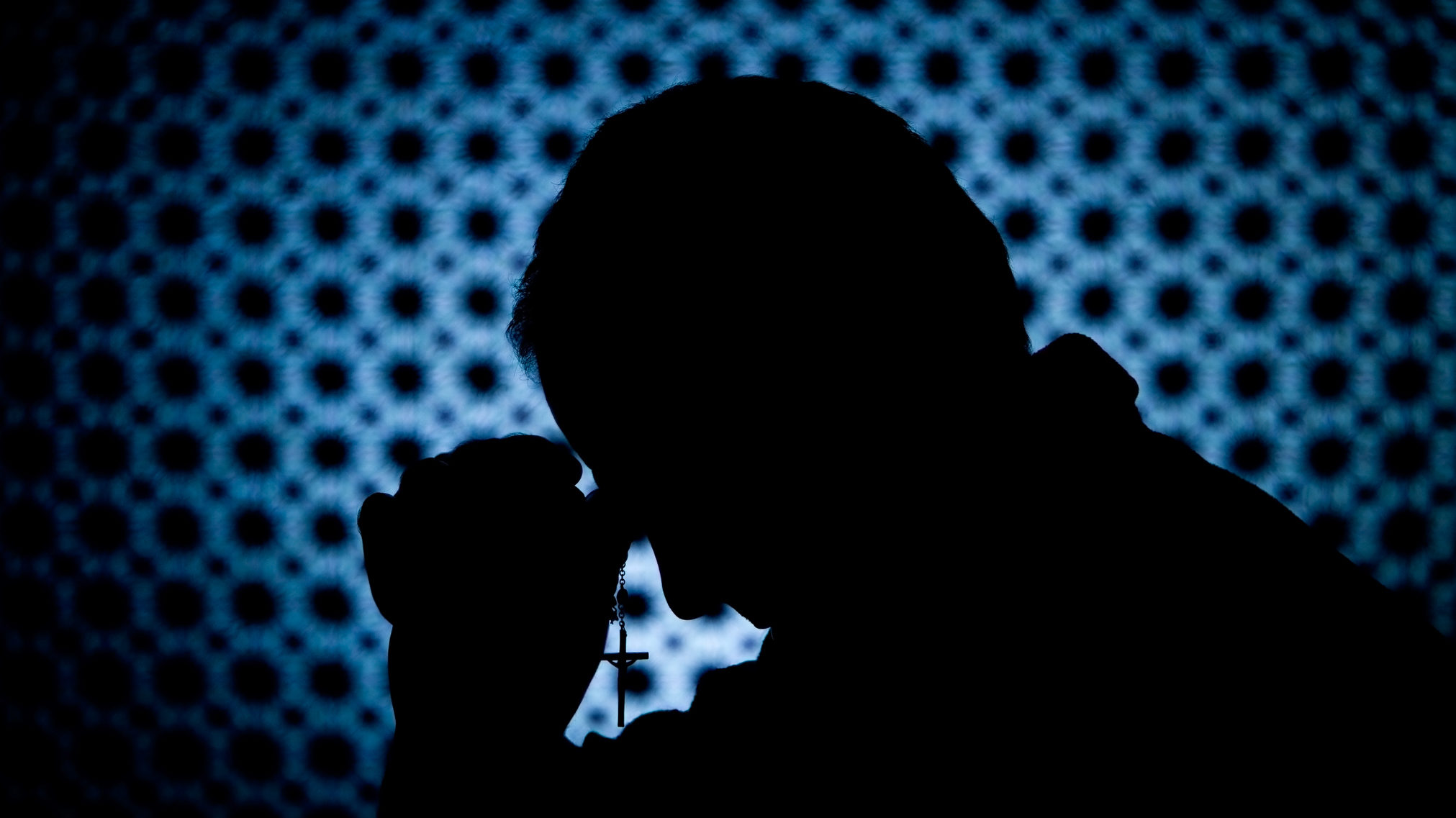
FILE: Image of the Catholic confessional (Photo credit: Getty Images).
(Photo credit: Getty Images)
SALT LAKE CITY — Clergy members are the men and women who are often tasked with helping congregants and sometimes even strangers make their way through periods of sadness and depression.
Still those feelings, and other mental health issues, are not rare among the clergy themselves. And that has become even more apparent during the two-year pandemic that continues to bear down on people of all groups.
A wake-up call came when a Catholic Priest in South Carolina died by suicide in 2020 after finding out he was diagnosed with COVID-19. It raised concerns among church leadership about the mental health of their priests.
“We don’t want people just withdrawing into their house, closing the door and the drapes, turning off all the lights, and having suicidal tendencies,” said Father Kenneth Valpaindo with the Utah Catholic Diocese.
Catholic priests are not allowed to marry, but Father Valpaindo said that doesn’t mean they do not have family support. He says siblings and extended family can provide just as much support as a spouse does.
And Catholic priests, just as the Catholic community, can take advantage of professional services that are made available through the church.
Leaders in Utah’s Presbyterian community say they found ways to provide emotional support to their clergy.
“At the onset of the pandemic, when everything was closed, we were sharing with each other,” said Candice Sweet with the Presbyterian Church in Utah. “We’d send out questions, ‘what are you doing, what do you need?’ We’ve always been very supportive.”
Sweet says she has not heard of any reports of severe depression among their clergy and says pastors in the Presbyterian Church have been able to form strong bonds in their respective communities even in remote towns — which has helped them get through the pandemic.
Simone Seikaly contributed.

